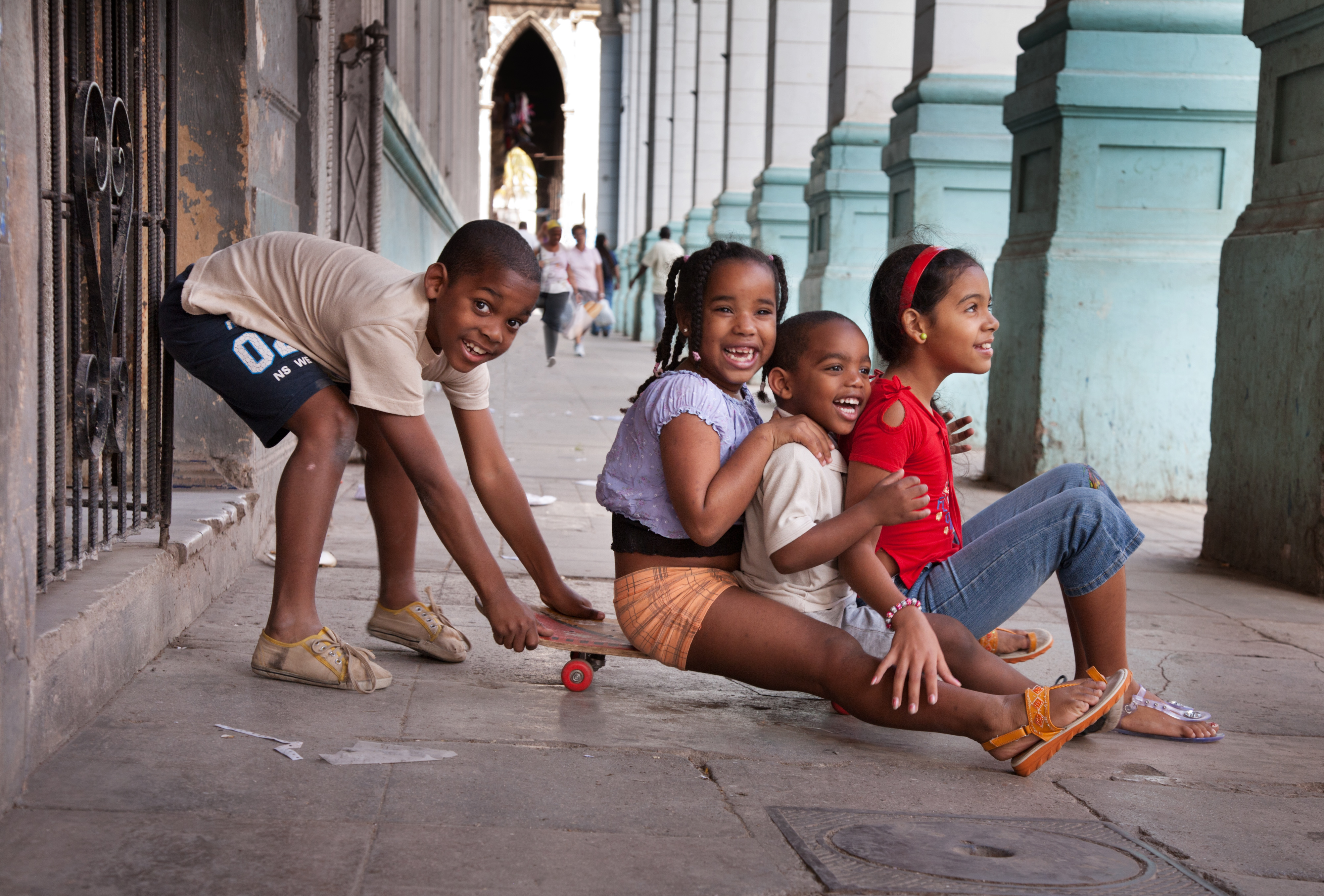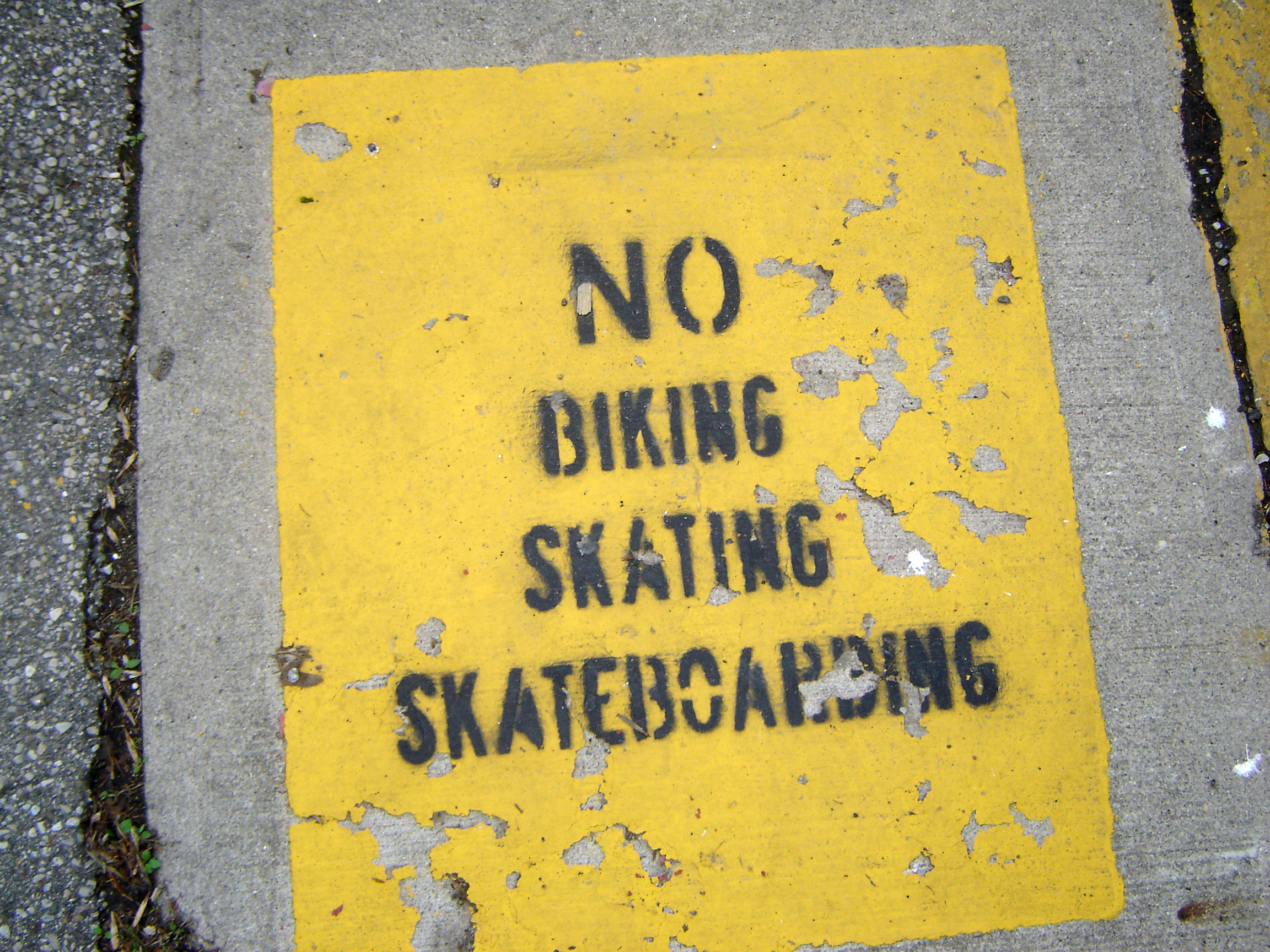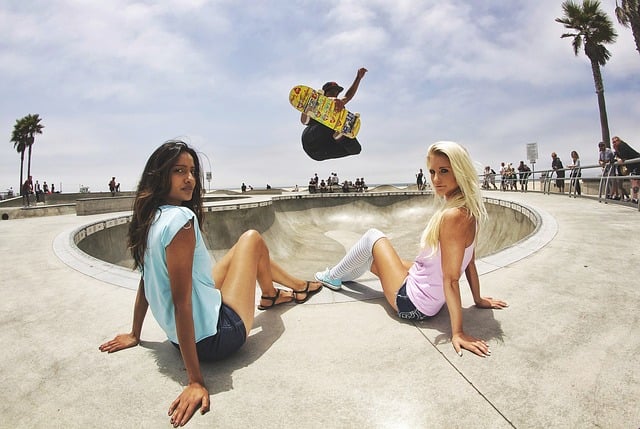The Language, Lifestyle and Universality of Skater Speak
Photo via Pixabay
Recently there appears to be an international outbreak of Thrasher T-shirts, hats, and hoodies on the streets from Kanchanaburi, Thailand to Hong Kong to Sunnyside, Queens. It’s doubtful that this retro skate apparel trend is isolated to just these varied places. Thrasher, if you don’t know, is one of two magazines that launched in the early eighties (Transworld Skateboarding was the other) to cover and promote skateboarding and the culture that grew around it.
Thrasher was the bad boy publication out of the two that seemed to be closer to the kids on the street and the bands in the clubs. The photographers weren’t necessarily pros, but they were in the trenches where the tricks were being landed. The writers spoke the language, and who took their styling cues from Gonzo journalism.
The culture that grew out of that time became, and still is, hugely influential and the specialized language that developed around the skate parks and halfpipes has become part of an international lexicon used by kids between the ages of 5 and 45 all over the world.
Skateboarding was borne out of surfing and begot snowboarding, which in turn begot wakeboarding-kiteboarding. These have influenced the extreme sports’ world from motorcycles to skiing to the tiny, but totally sick, extreme wheelchair athletes, all of which share and trade the same terminology to describe tricks, terrain and life in general. Since the trend seems to be coming back in style, language is bound to be on the cusp of change.

Photo via Wikimedia
The Terminology
As a teenager I was deeply involved in skate culture and now as a middle-aged expat in Thailand, my knowledge of the language allows me to talk to kids less than half my age at the wake park where I board each week even when my Thai fails. Certain very basic terms haven’t changed at all throughout time, location, or language. Everyone in boardsports knows that if you ride right foot forward your goofy. If when riding you change that footing you’ve gone fakey (or switch).
Many of the terms that came out of those early years of skating are so commonplace now they need no explanation. Getting air is just what it sounds like and mountain bikers and parkour participants both use it. Slamming is crashing and bailing is pulling out of a trick before you slam, but today you’ll hear people use the term bail to talk about putting an end to anything, investors will totally bail on a stock, people talk about bailing on a relationship gone bad.
Rad, gnarly and sick all were used to exclaim the extremity of a move or trick and though rad and gnarly are both dated sick is still common and in use in Japanese, Thai, Spanish, French, as well as English among board sporters. Stoked is the same as psyched and made it into common usage through all the lame skate movie stereotypes that popped up in the late eighties and early nineties (think Teenage Mutant Ninja Turtles, dude).
Most of skate language is technical and refers either to gear or tricks and never made it into mainstream vocabulary. Mostly because if you’re not skating, or waking, or doing any of the other sports that have absorbed the terminology, there is no reason to know about it. Trust and believe that it is a rich and complicated language.
Learning a language? Check out our free placement test to see how your level measures up!
For instance, any air you get from a regular stance where you turn face-forward is front side air, back-forward is backside, simple enough. Now from there, every tweak (change) you can put to that starting point, no matter how simple or complicated, has its own term. The first skater to create or make popular a certain tweak names that move.

Photo via Wikimedia
Probably the most famous trick name is the legendary McTwist, named for Mike Mcgill who invented and was the first to pull off an inverted 540-degree air spin. Other random trick names are the benihana, crossbone, frigid air, madonna, stale fish, and even the tailbone. Find an exhaustive list by clicking here.
Call me biased, but I consider a lot of what has happened in fashion, music, pop art, video, and even writing in the thirty years or so since the skate revolution of the early eighties to have been born out of skating. If you’ve ever caught yourself saying dude, poseur, zoning out or even stoked then you have spoken skater.



